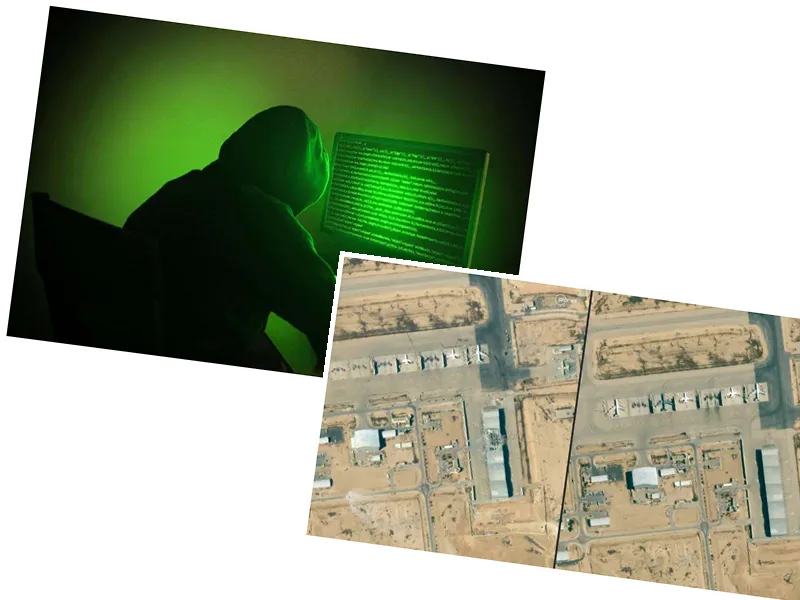Iranian Hackers Employ Deceptive Tactics to Target National Security Officials
A recent study by Mandiant, a cybersecurity firm under Alphabet Inc., reveals alarming tactics employed by Iranian hackers to infiltrate and manipulate national security officials across Iran, Syria, and Lebanon. The hackers, linked to the notorious group APT42, also known as "Charming Kitten," have been strategically using fake human resources companies to lure individuals willing to sell sensitive information to Western governments.
The Implications of Cyber Espionage on National Security
This sophisticated operation raises significant concerns regarding national security, especially in light of ongoing investigations by the FBI into the group's interference in the upcoming 2024 US elections. The Mandiant report highlights that the data harvested by these hackers could not only identify potential informants but also unveil intelligence operations aimed at Iran. This poses a threat not only to Iranian interests but also to the stability of the broader Middle East region.
A Broader Context: Cyber Warfare and Espionage
The use of deceptive tactics by Iranian hackers underscores the evolving landscape of cyber warfare, where misinformation and impersonation play crucial roles. Since its establishment in 2017, APT42 has demonstrated a relentless pursuit of espionage, targeting military and intelligence personnel associated with Iran's allies. As the cyber realm continues to be a battleground for intelligence operations, understanding these tactics becomes imperative for nations aiming to safeguard their secrets.
- The Mandiant study emphasizes the need for increased vigilance among national security officials, especially those in regions where Iranian influence is prevalent. The impersonation of Israeli-run companies by Iranian hackers highlights a sophisticated understanding of regional dynamics, allowing them to exploit vulnerabilities in trust and credibility. Furthermore, the investigation into APT42's activities by the FBI reflects the broader implications of cyber threats on democratic processes, particularly in the context of election security. As nations grapple with the challenges posed by state-sponsored hacking, collaboration among cybersecurity firms, intelligence agencies, and policymakers will be essential in countering these threats.






